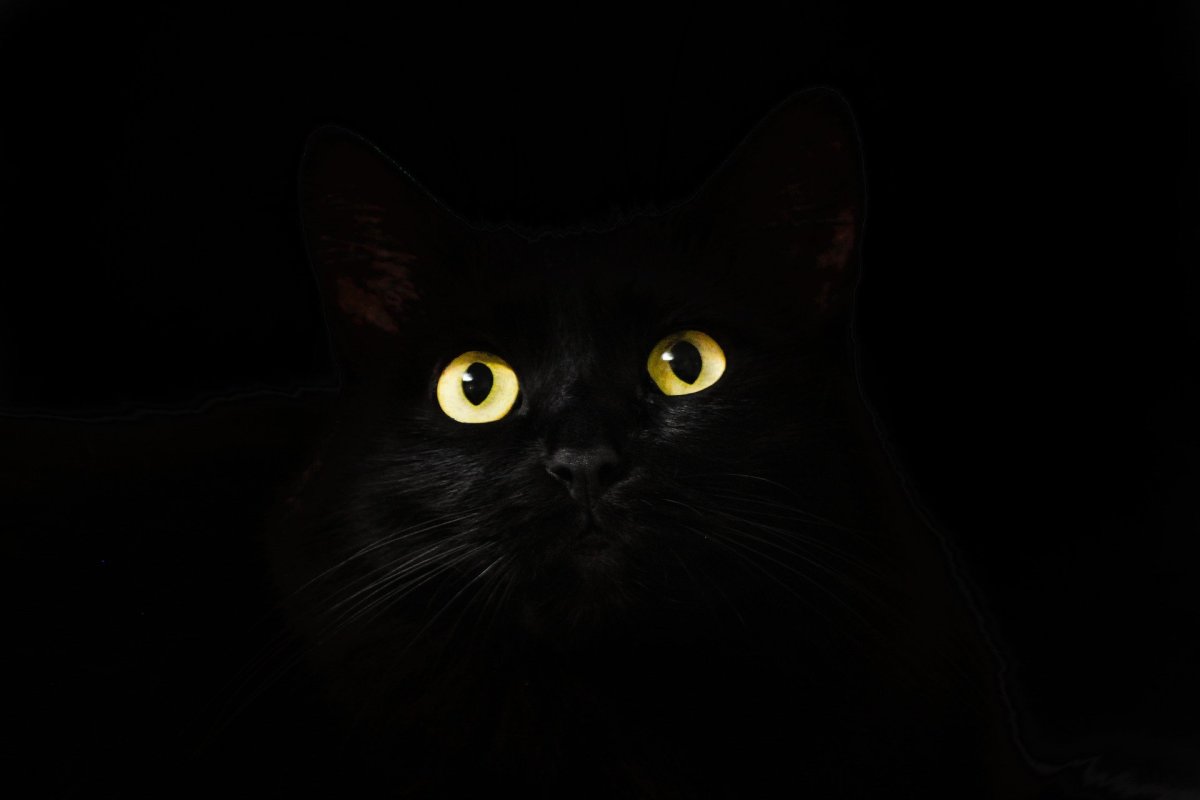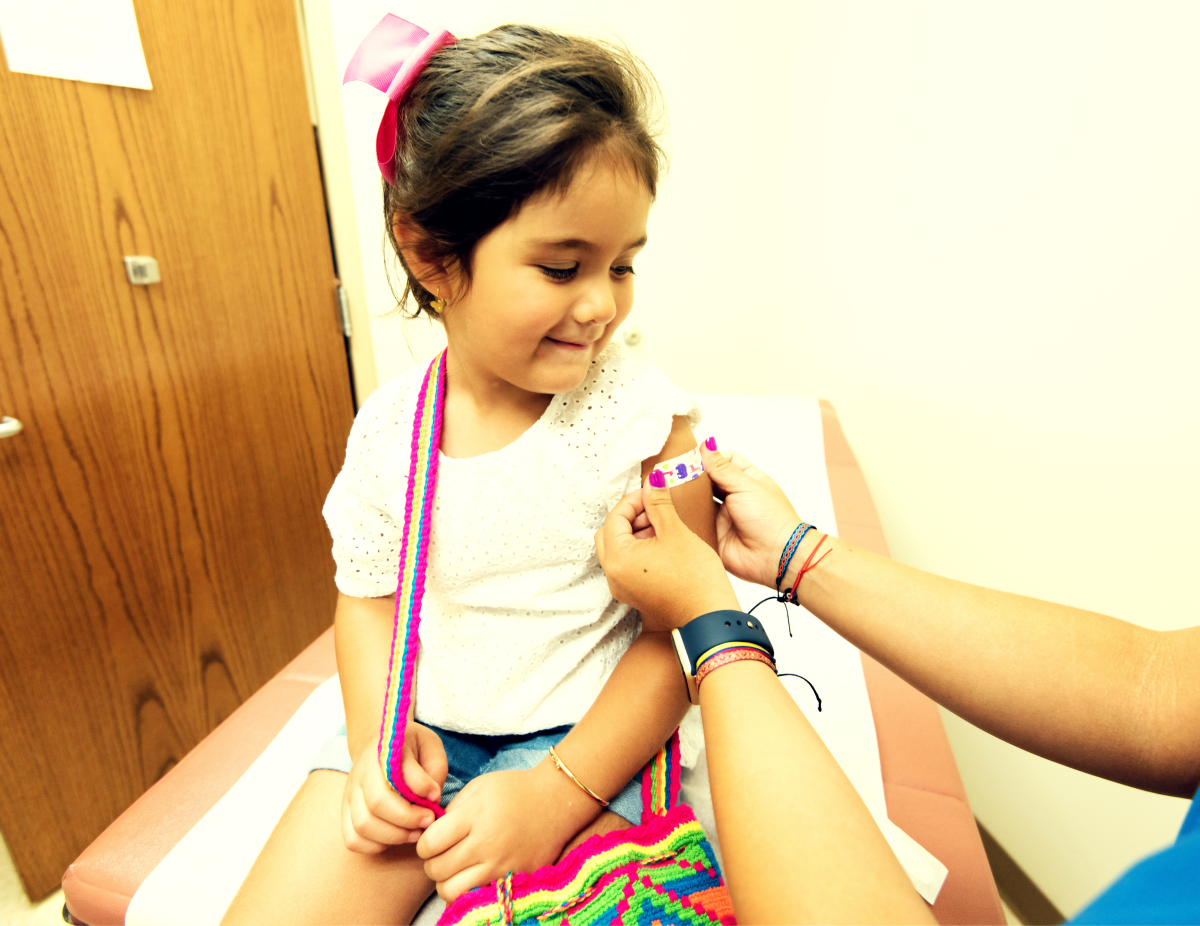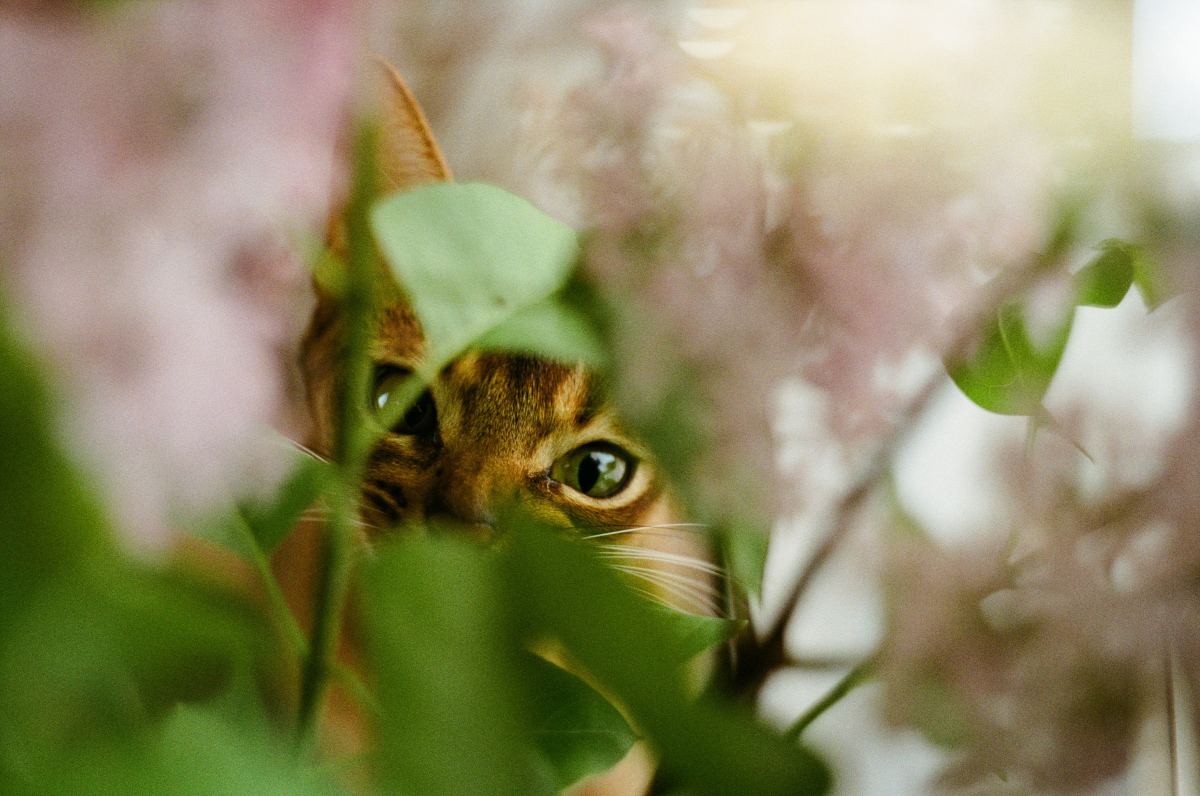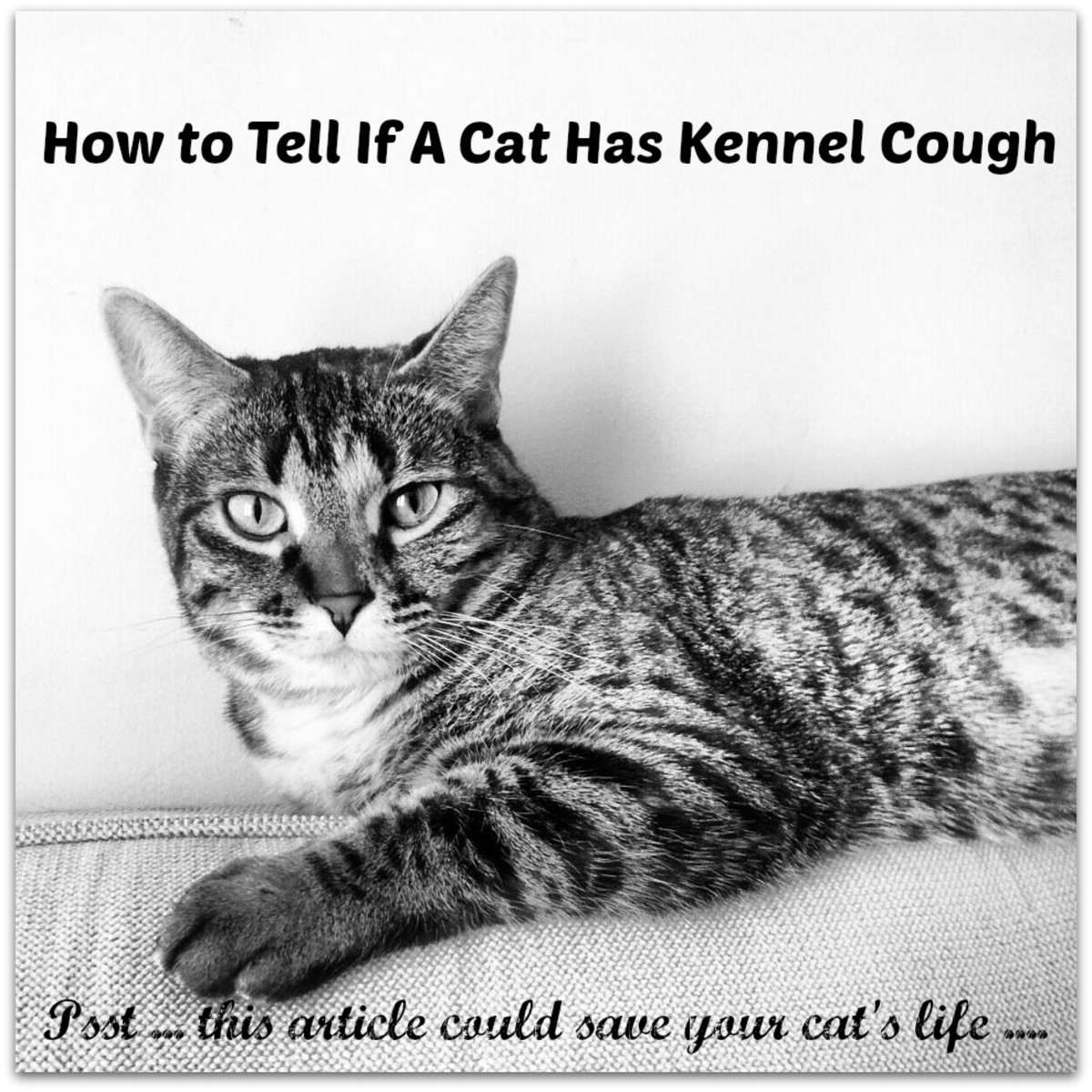- HubPages»
- Pets and Animals»
- Cats & Cat Breeds»
- Cat Health
Getting Your Cat Vaccinated
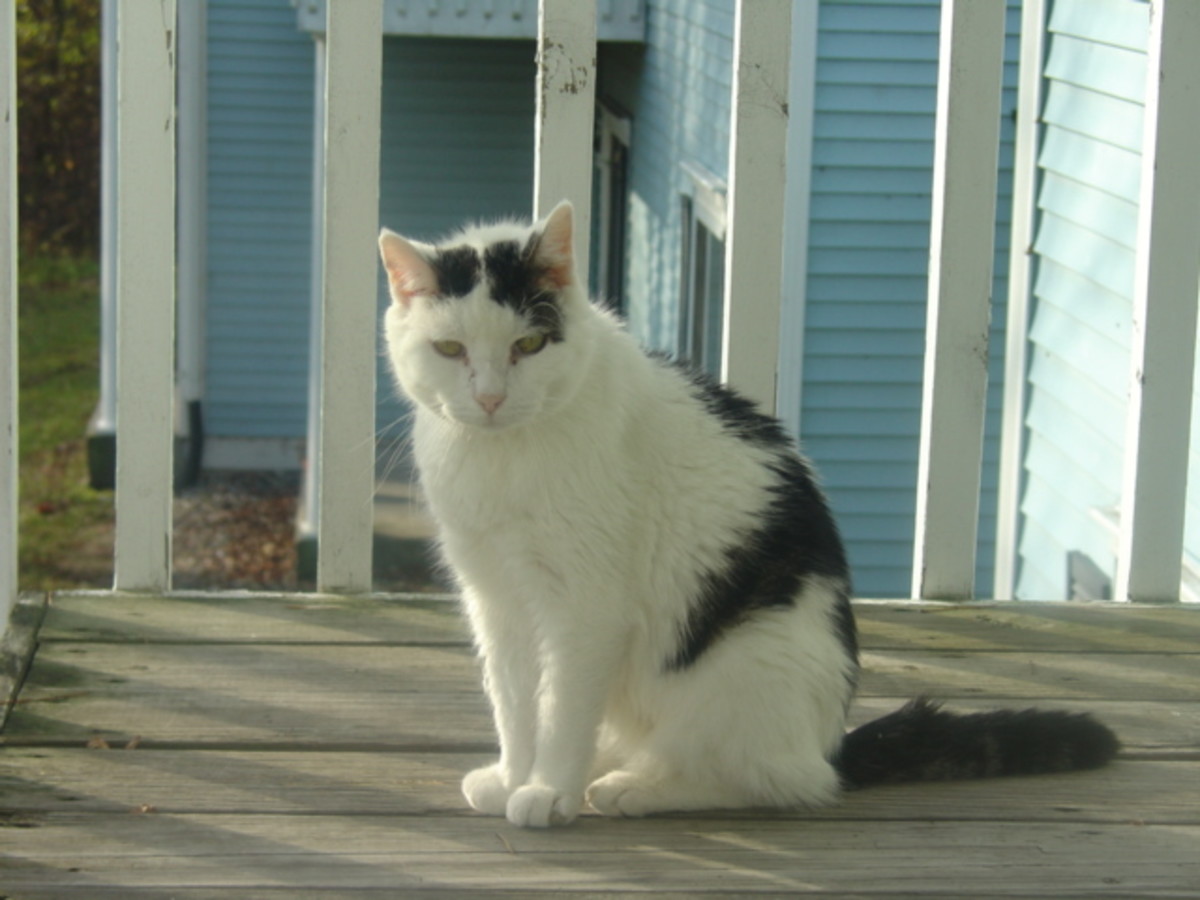
Taking Good Care Of Your Cat
If you have a cat, maybe two, or maybe you have three, I will then assume you are a cat lover. You know then how important it is to have a healthy, happy, and active cat that will hopefully live a long, long time. Having pets is a huge responsibility. That's why it is important to think about getting your cat vaccinated. There are several vaccinations your cat may require if you want to keep it healthy and free of disease.
There are four primary vaccinations you should consider giving your cat.
- Feline Leukemia- This virus is spread through saliva. And attacks your cat's immune system. Things like sharing a food or water dish, sneezing, and biting can spread the disease. A mother cat can pass it on to her unborn kittens, there is also the potential for new kittens to get the virus through nursing. The kittens can be vaccinated at eight weeks or older. If you have strictly an indoor cat this vaccine is not always necessary. It is a good idea to have the kittens and other cats in the household a booster shot once a year.
- Feline Distemper- This is a highly contagious disease of cats and kittens. It is commonly spread through the feces or urine of an infected cat. Cats can also become infected through food bowls, water dishes, clothes, shoes, bedding and litter boxes that have been exposed to urine or feces. Like the Feline Leukemia virus, it can be spread from a pregnant mother to her kittens in the womb. Feline Distemper can also be spread by fleas. Kittens can be vaccinated between eight and ten weeks old. Your cat should get a booster every one to three years. The virus can live in your house, especially carpeting and furniture, the virus can be disinfected with regular household cleaners.
- Rabies- Cats with rabies are quite widespread. Cats get the rabies virus more often than dogs. This is an extremely important vaccination every cat owner should consider getting for your cat. Rabies is contracted through the saliva of infected animals. These animals include dogs, raccoons, bats, coyotes and skunks. Vaccinate your kitten at eight to twelve weeks, and a booster shot should be given after the initial vaccination. Normally cats should be vaccinated every two or three years for rabies. If you have an indoor cat, it is still necessary to get vaccinated, the reason for this would be the likelihood of your cat accidentally getting outside and being exposed to the rabies virus.
- Feline Calcivitis And Feline Herpes Virus- Feline Calcivitis and Feline Herpes is one of the most common respiratory infections found in cats. Kittens are most often infected, although cats can contract the virus as well. The virus is spread through eyes, nose and mouth. Litter boxes, bedding, food and water dishes can also be a port for transmission. This vaccine is recommended for most cats, it also requires a yearly booster shot.
Of course with any vaccination, there may often be side effects or allergic reactions present. The vaccinations are normally safe, but there is always the potential of a serious side effect.
Some Serious signs to watch out for.
- Your cat may become lethargic and listless
- Swelling may occur at the injection site
- Your cat is not eating, or lacking substantially in appetite
- May experience a lack of motor skills
- The risk for seizures
You should call or take your cat to the veterinarian as soon as possible if you recognize any of these side effects as unusual. These diseases are very good reasons to vaccinate your cat against becoming sick. If your cat becomes infected it can mean a life or death situation for your cat.
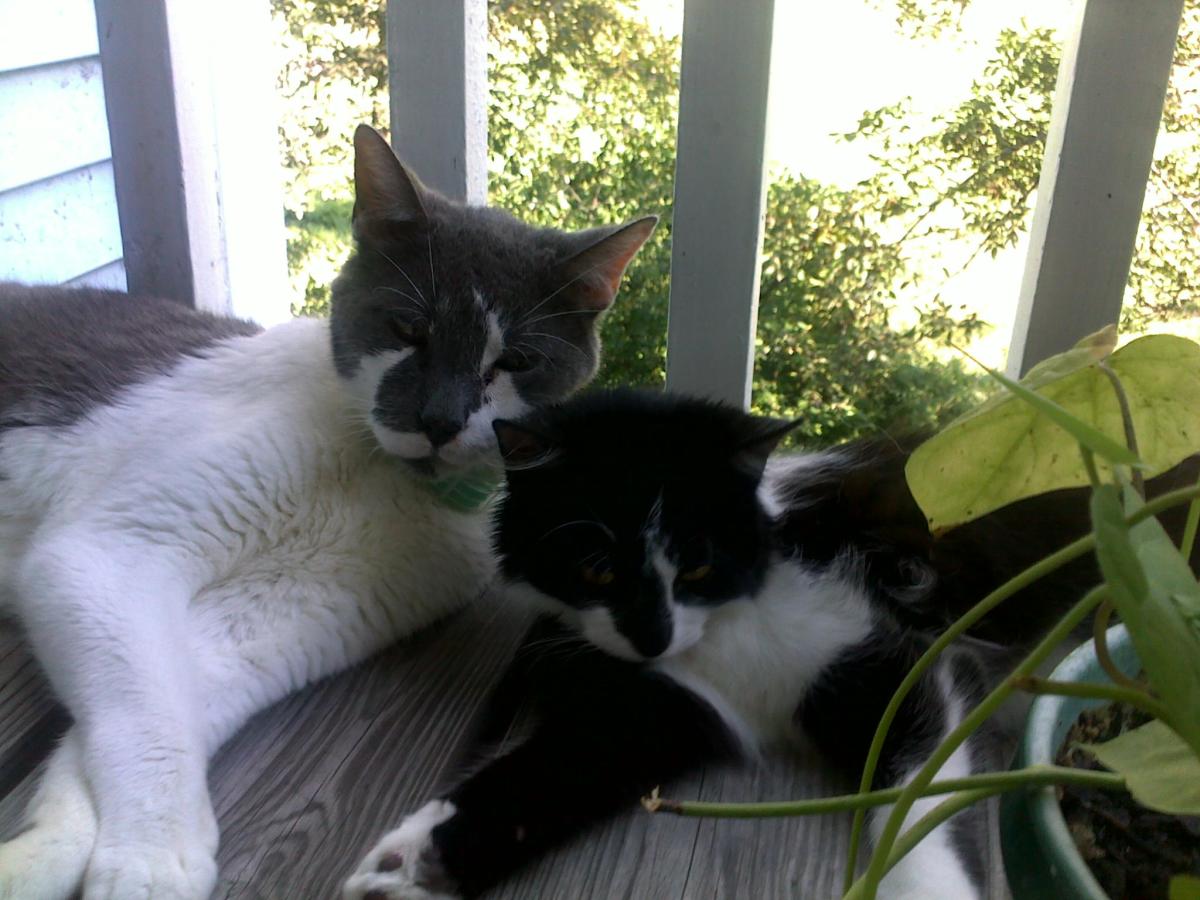
Cat Hubs For Your Enjoyment
- The Lowdown On Your Cats Litter Box Location
Finding the perfect location for your litter box is not always an easy task. Setting up a place that makes you and your cat happy does not have to be impossible. Tips on litter box location. - Cat Behavior-Interesting Facts About Your Cat
If you are a devoted cat lover like me, and are curious about the little marvels your cat does. I enjoy the fascinating behavior of my cats. - Senior Cats Have Special Needs As They Grow Older
As your cat gets older it's needs begin to change. They need exercise in a different way, better nutrition and overall attention a young cat may not require.

